Editor’s Note: This post is inspired by this year’s Black History Month theme: Black Health and Wellness.
For most of my life, I’ve received compliments to the effect of:
“You’re such a strong Black woman!”
“You’ve overcome so much. I could never handle that!”
“You’re so resilient.”
What is resilience, and is it something that we should all be striving to achieve?
The Oxford Dictionary defines resilience as “the capacity to recover quickly from difficulties or the ability to spring back.”
So, what is meant when we call Black people resilient; or say that we should strive to build resilience amongst our Black youth and within the Black community as a whole?
Even the famous German philosopher Nietzsche said, “that which does not kill us, makes us stronger.” This suggests we should be thankful for the experiences of adversity.
Well, I’m convinced that resilience is a myth.
Resilience is a myth touted to bring hope to the Black community. A myth that convinces us to remain tough. A myth that causes us to ignore the physical, psychological, and physiological impacts of racism. A myth that causes us to absolve white individuals of the harm caused by bias and systemic oppression. A myth that white individuals can hide behind, to avoid feelings of discomfort or the need to accept accountability.
Resilience is a myth touted to bring hope to the Black community. That causes us to ignore the psychological and physiological impacts of racism. That white individuals can hide behind to avoid feelings of discomfort. Click To TweetThamara Subramanian previously wrote that resilience is a paradox: the idea that “the more you harness your resilience, the more equipped you should be to face trauma and challenges.”
Black people are so strong. We have continued to carry on through enslavement, Jim Crow, Jane Crow, The Civil Rights Movement, Mass Incarceration, and police brutality. We have and will continue to march on, but at what cost?
Many in the Black community are tired. As described by Mary-Frances Winters in her book “Black Fatigue,” we are not okay and are experiencing extreme exhaustion – exhaustion that is contributing to disparities in health outcomes for Black people. The life expectancy of Black Americans is four years lower than that of White Americans; and Black people have higher rates of illness and death for diabetes, heart disease, hypertension, and most forms of cancer.
For centuries we have remained strong and “kept on, keepin’ on” in the pursuit of resilience, while the internalization of racism tells us we are not good enough and wreaks havoc on our self-esteem and internal bodily systems.
For centuries we have remained strong and 'kept on, keepin’ on' in the pursuit of resilience, while the internalization of racism tells us we are not good enough and wreaks havoc on our self-esteem and internal bodily systems. Click To Tweet
Listen: enough is enough.
It’s time to stop accepting the normalization of trauma and believe that we deserve better. Rather than pushing the myth of resilience in an attempt to overcome hurtful and harmful systems, what if we came alongside one another to prevent the harm from being done in the first place?
Rather than pushing the myth of resilience in an attempt to overcome hurtful and harmful systems, what if we came alongside one another to prevent the harm from being done in the first place? Click To TweetWe must as a community commit ourselves to healing, wellness, and radical self-care. Let’s go beyond massages, getting our nails and hair done, or taking a vacation. Let’s get to the root of our anxiety, frustrations, fatigue, worry, doubt, or fear and begin to heal those wounds of our trauma.
In the words of Audre Lorde, “caring for myself is not self-indulgence, it is self-preservation and that is an act of political warfare.”
If you’re wondering where to start, here are a few ways that can begin the journey of healing and restoration:
- Set boundaries. Many Black folks work twice as hard to be seen as half as good. Know when to say, “no.” You don’t owe anyone an explanation or apology.
- Stand in your power. It’s about being whole in the face of identity-based wounds and rejecting colonization of the body and mind. You can gain increased power by standing in solidarity with one another, to work toward dismantling systems of white supremacy.
- Teach your body to relax. Meditation, rest, yoga, and deep breathing are just some ways that we can begin to decrease the effects that the stress of our trauma has on our minds and bodies.
- Experience Ubuntu. Ubuntu is an African philosophy meaning, “I am because you are.” Self-care is community care, and community care is self-care. Let’s shift our communities by leaning in, supporting one another, and growing together. Let’s amplify and elevate the voices of one another and stand in unity. There’s a saying, “when spider webs unite, they can tie up a lion.”
Pictured below, you can also find some additional ways you can be intentional about your self-care…
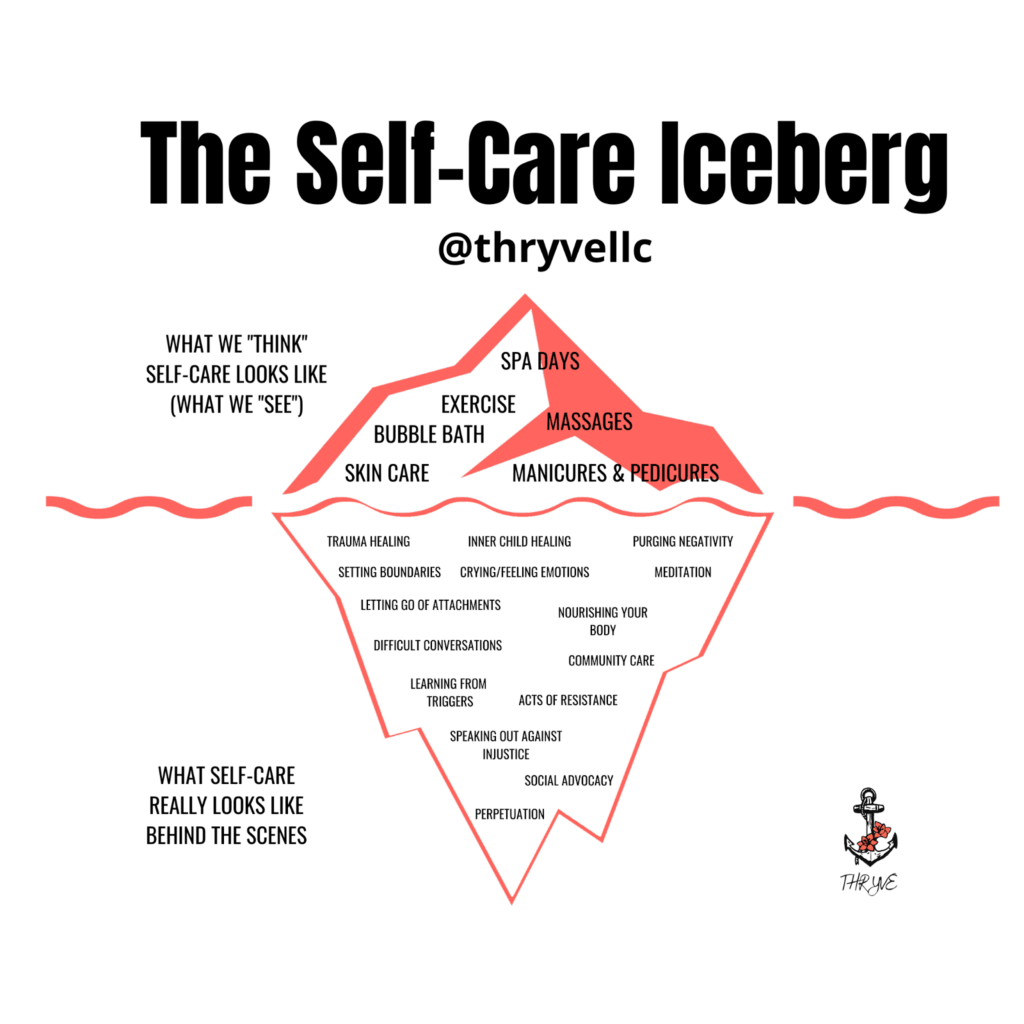
As you think about your acts of resistance, what is one thing you’ll commit to in the name of your own liberation?
As you think about your acts of resistance, what is one thing you’ll commit to in the name of your own liberation? Click To Tweet
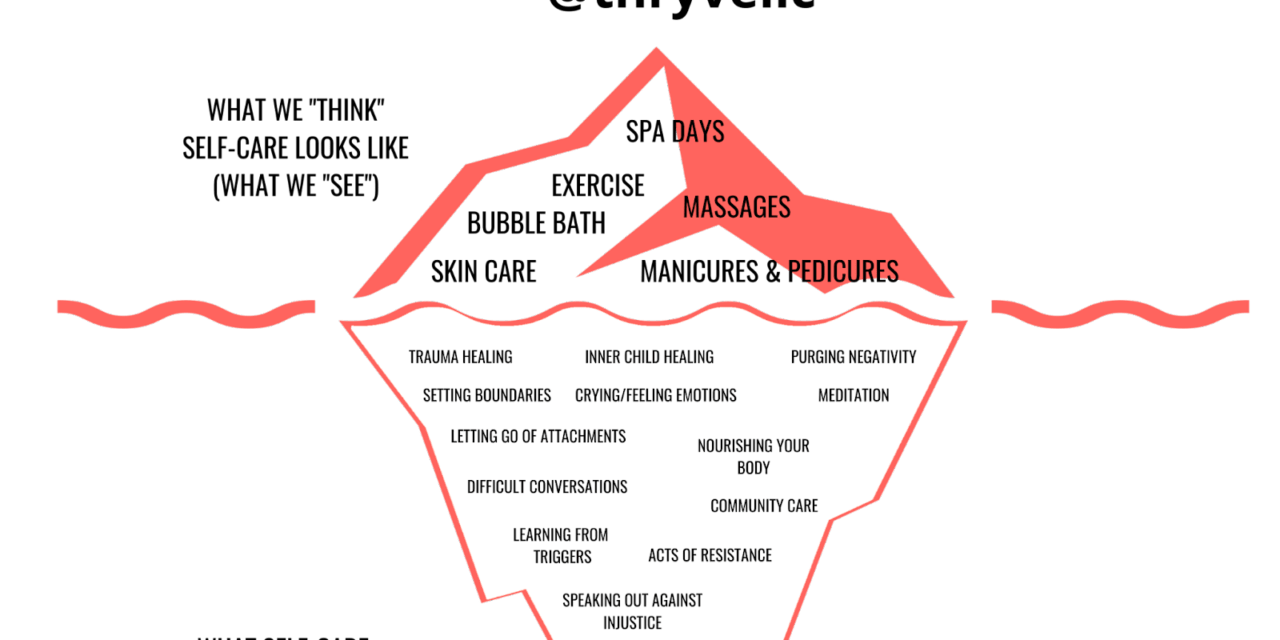
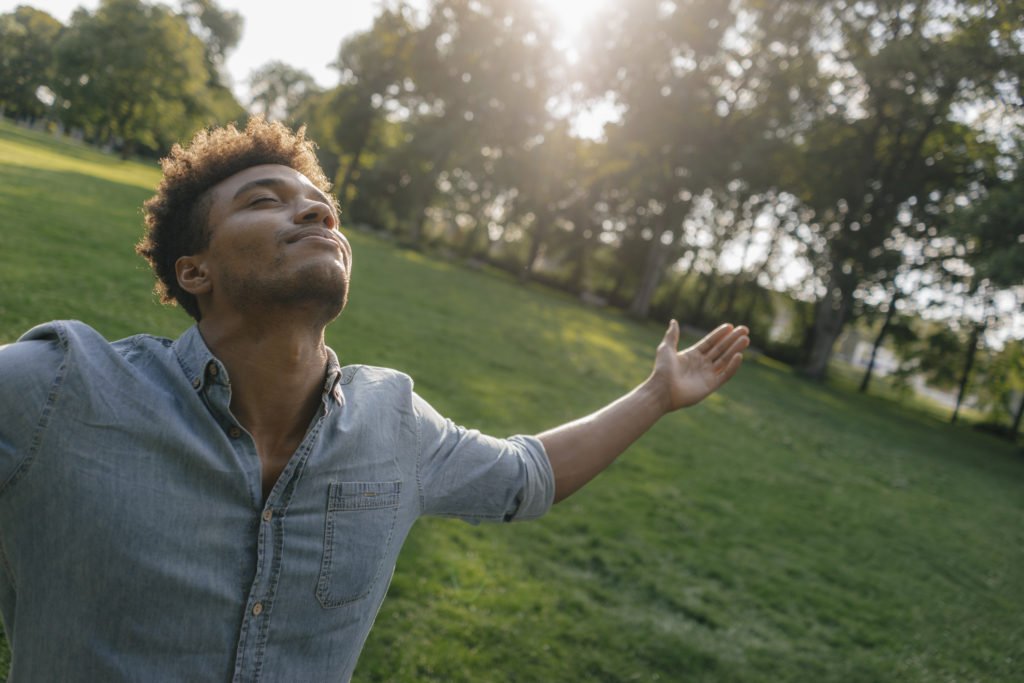
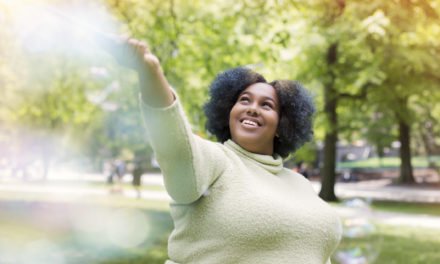
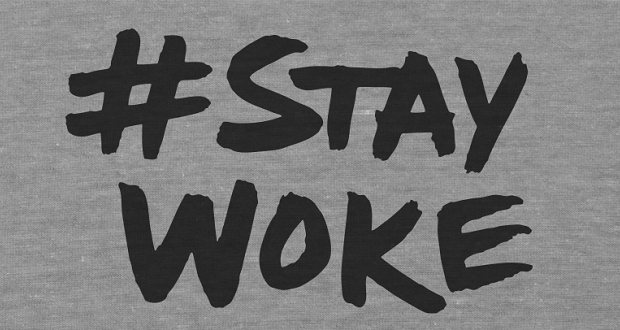
















Such an incredible article! Love Crystal’s perspective. I’ll really be focused on teaching my body how to relax…it’s probably the most stressful time for me, and my body and mind need refuge! Sigh!!